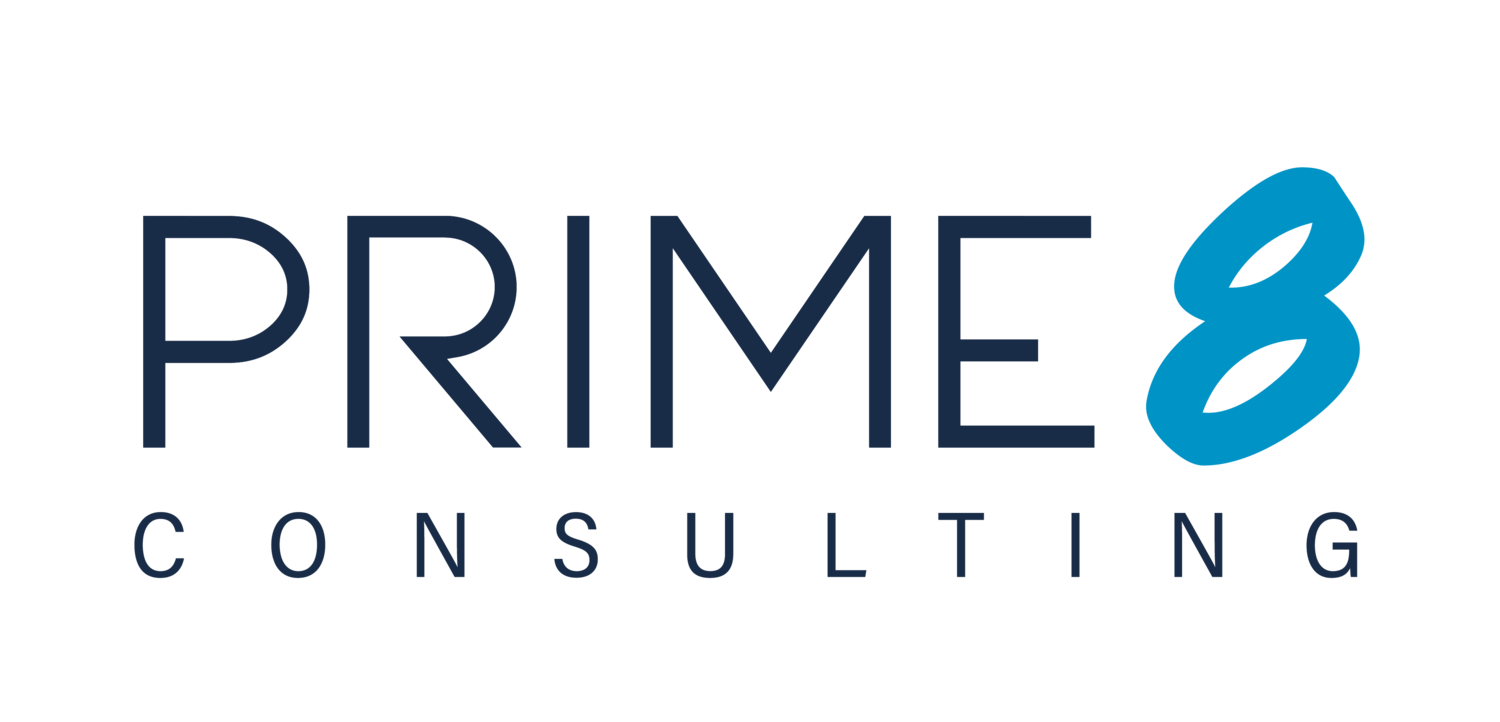Maximizing the Value of Professional Certifications with eLearning
As remote work continues to boom, the role of eLearning has transitioned from a “nice-to-have” to a “must-have.” And for training departments in enterprise corporations, especially those that need to uphold professional certifications, eLearning has become a mainstay.
Beyond helping employees focus on areas of improvement, meet company standards, and expand their knowledge, eLearning makes life easier for training professionals, giving them more options for delivering flexible training and tracking learner goals and progress.
In this article, we’ll reveal how you can combine professional certification and eLearning for the benefit of your organization. We’ll show you how to leverage the best of both worlds to drive both learner and company success.
Deliver Quick, Convenient Training
To stay competitive and compliant, your clients (or internal stakeholders) may require you to keep a certain number of employees that hold certifications from recognized programs. In some cases, you may not even be able to start a contract with a client in a highly regulated industry without obtaining certifications first — think government, financial, or healthcare.
In cases like these where business opportunities rely on certifications, eLearning makes for faster delivery of training, taking as much as 40-60% less time for learners to complete than traditional training.
As the training manager, you can organize self-study eLearning activities to allow employees to learn on their own time. And when concepts are too complex for employees to learn on their own, you can blend self-study sessions with interactive live or virtual instructor-led (VILT) training sessions.
Improve Training Effectiveness
While speed is of the essence in some instances, at the end of the day, effectiveness is the core objective. For example, imagine a company is contracted by a reputable airline to offer load control services. This is a complex, high-stakes job and simple human error can cause a plane crash. In this case, you have to be certain employees are properly trained for all cargo loading protocols and practices.
ELearning boasts higher retention rates than traditional instructor-led training (ILT), with some reports stating up to 60% higher retention. Blend eLearning with emerging technologies such as virtual reality (VR) and augmented reality (AR) to give employees hands-on experience.
For example, instead of providing loadmasters with images of the space inside a cargo plane, VR can augment what they see inside. With simulations, learners get a firsthand feel of the cargo area and can arrange and secure tons of material virtually as well as practice dangerous and potentially high-stakes skills in a low-risk virtual environment.
Support Professional Development
According to OC Tanner, 79% of employees quit their jobs because of a lack of appreciation. One of the best ways to appreciate the performance, productivity, and proficiency of your employees is to provide opportunities for professional development.
ELearning enables employees to monitor their proficiency and progress to identify areas where they need to upskill. They will have the opportunity to learn at their own pace, hone skills, and acquire information to improve on-the-job performance.
But when employees earn certifications, they’ll expect you to reciprocate their efforts. As they learn and earn professional qualifications, they may look for opportunities with increased duties and higher roles.
That said, you should ensure that the process of promotion or pay raise is accurate, fair, and transparent — and combining professional certification and eLearning can help. With eLearning learning management system (LMS), you can easily analyze employee training milestones to track certifications completed and performance in each course. You can then match the results with employee performance to pinpoint employees who are due for a promotion or pay raise.
Measure Impact of Training
The essence of corporate training is to improve learners' knowledge and skills to enhance on-the-job performance to drive business goals. Professional certifications and eLearning can help you achieve these goals.
If you offer professional certification using an eLearning solution hosted in a modern LMS, it’s far easier to measure the impact of training on the business and keep track of hours spent on training, the number of employees that complete a certification course, and cost per employee.
But beyond tracking these metrics, eLearning helps you track the impact of training all the way to the company’s bottom line. This is possible if you set the goals of your training program at the outset. The training objective can be something such as “to achieve increased sales after a negotiation skills certificate course.”
After full implementation of the certification course, you can assess sales figures and metrics to understand the impact of training on business ROI. If there is an improvement, you can attribute the success to the effectiveness of training. Plus, if there are no positive changes you can evaluate your certification program to determine what you can optimize to get better results.
Using eLearning for professional certifications
Professional certifications provide proof of an employee’s competency, revealing the years of experience that went into nurturing an employee’s professional journey. On the other hand,
eLearning, unlike traditional ILT training, speeds up the certification process, improves learning delivery, and makes it easy to measure the impact of training.
Fusing professional certifications and corporate eLearning helps you deliver on-demand training of in-demand skills and impart worthwhile knowledge to boost employee performance, ultimately improving the business overall.
Whether you’re looking into eLearning for the first time or adding to your elearning library, the digital learning team at Prime 8 Consulting can help with the right strategy, tools and delivery solutions. Reach out to us anytime.




















